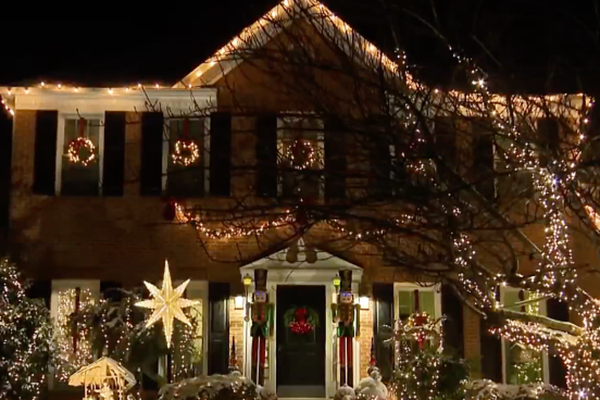
Harvard University has been accused of holding back thousands of Native American remains in spite of a federal law mandating their return.
On Wednesday, a leaked report obtained by student newspaper The Harvard Crimson said an internal probe into the prestigious university’s museum collections had uncovered nearly 7,000 Native American remains.
The collection, which likely includes the remains of enslaved indigenous people, has been in Harvard’s possession for decades despite a 1990 federal law requiring their return to Native American communities.
Harvard professor Evelynn M. Hammonds, who headed the committee behind the report, told the Crimson “it is deeply frustrating” the newspaper chosen to publish the document, which remains unfinalised and was dated 19 April.
“Releasing this draft is irresponsible reporting and robs the Committee of finalising its report and associated actions, and puts in jeopardy the thoughtful engagement of the Harvard community in its release,” Mr Hammonds wrote.
He added: “Further, it shares an outdated version with the Harvard community that does not reflect weeks of additional information and Committee work.”
According to the report, its authors acknowledged “the University’s engagement and complicity in these categorically immoral systems,” in apparent reference to colonialism.
It continues: “Moreover, we know that skeletal remains were utilised to promote spurious and racist ideas of difference to confirm existing social hierarchies and structures.”
The comments come after the remains of at least 15 individuals closely associated with the trans-Atlantic slave trade, and who likely died while enslaved, were found in the university’s Peabody anthropology museum.
As The Washington Post reported of the leak, the probe called on Harvard to quicken its return of the collection to those communities – both ingenious and African-American.
“For too long, these remains have been separated from their individuality, their history, and their communities,” the draft report added of those remains.
“To restore those connections will require further provenance research and community consultation. In addition, research might include DNA or other analysis for the express purpose of identifying lineal descendants.”
More than 3,000 of 10,000 human remains held by Harbard have been repatriated since the introduction of Native American Graves Protection and Repatriation Act in 1990.
It remains how the leak was obtained by the Crimson, or when the report was due to be published formally.
Harvard is currently subject to a lawsuit from the alleged decedent of a Black man and his daughter who were forced to pose node for a photo by a scientist in 1850, as The Post reported.
Tamara Lanier, who has evidence she is their descendant, is suing Harvard to obtain the images. The scientist’s relatives have supported her calls.
The Independent has approached Harvard for comment.







